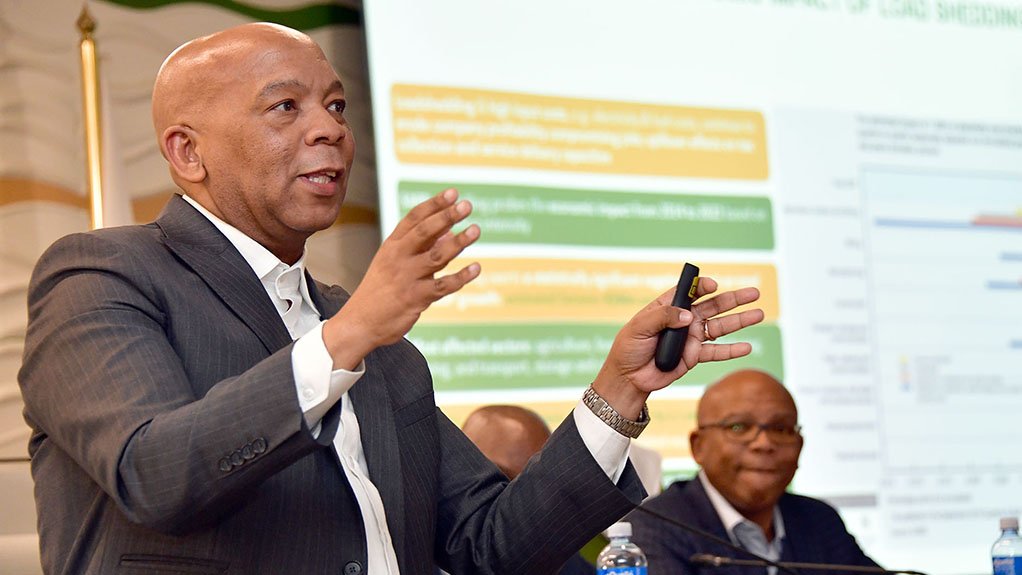Electricity Minister Kgosientsho Ramokgopa reports that the Eskom board is considering lifting the current 1 000 MW allocation set aside for its Standard Offer Programme to 4 000 MW and extending the scheme beyond its initial three-year time horizon.
Through the Standard Offer Programme Eskom can buy power from existing producers, mostly industrial groups, at a set price calculated based on the avoided cost of its own generation, including long-term purchases from independent power producers.
The scheme includes an option for a static price, which is established each year based on the regulatory approved cost recovery and covers the variable cost of generation, as well as a dynamic price option, whereby the price is set the day-ahead for each hour of the following day.
Ramokgopa said the enlargement and extension of the programme was motivated by the fact that there had been an “oversubscription” in interest, even though the full 1 000 MW had not yet been contracted.
The scheme, together with a similar cross-border programme, formed part of a series of interventions being pursued under the Energy Action Plan to tackle the loadshedding crisis by “fixing Eskom” and adding new generation capacity.
Despite ongoing loadshedding, Ramokgopa insisted that the efforts under way to improve the performance of the coal fleet were showing results, particularly at the six power stations being prioritised for intensive intervention.
Eskom head of generation Bheki Nxumalo reported that Kusile had been removed from the initial list of six and replaced by Kriel.
The operating Kusile units, he claimed, were currently achieving an availability of above 90%, including those using temporary stacks.
Majuba, Matla and Duvha were also recovering, while the performance of Kendal and Tutuka continued to lag initial recovery expectations.
Ramokgopa indicated that the recovery was being facilitated by an “intensification” of the relationships Eskom already had with original equipment manufacturers; a process supported by a loosening of procurement regulations under the Public Finance Management Act.
He also insisted that Eskom Generation, which was being separated from the transmission and distribution businesses, was gearing up to build a gas-to-power plant in Richards Bay in line with a 3 000 MW Ministerial determination received, with the regulator’s concurrence.
Nxumalo also confirmed that a team had been appointed within the division to conduct project development work on the Tubatse pumped hydro project.
However, he provided no detail on the likely financing and contracting models, or on timeframes.
EMAIL THIS ARTICLE SAVE THIS ARTICLE ARTICLE ENQUIRY
To subscribe email subscriptions@creamermedia.co.za or click here
To advertise email advertising@creamermedia.co.za or click here











